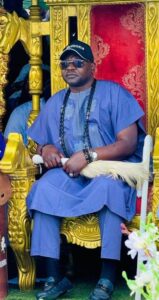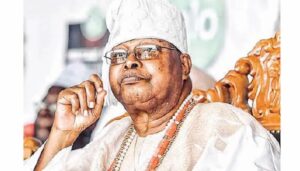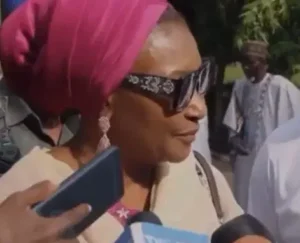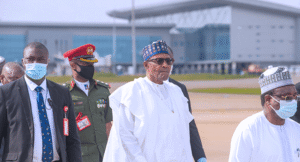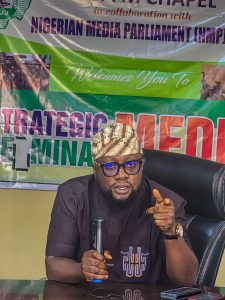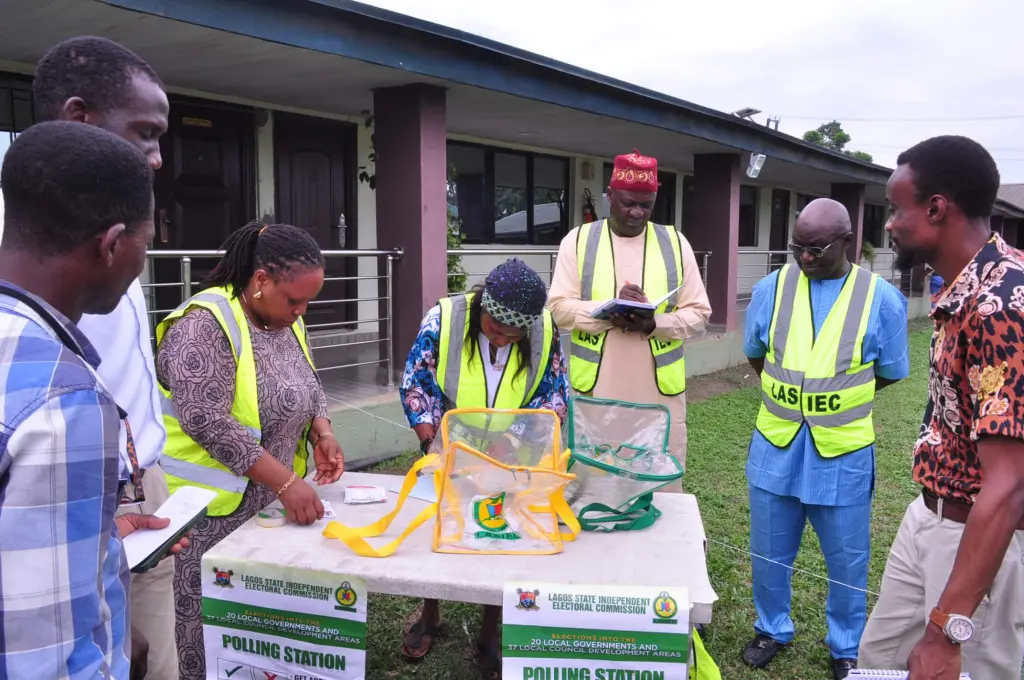
The stage is set for the much-anticipated Lagos State local government elections, taking place today, Saturday, 12th July 2025.
Across the state—from the mainland communities to the upscale districts of the islands—residents, political stakeholders, and observers are poised for what is shaping up to be a subtle but significant referendum on the state’s evolving political climate.
The Lagos State Independent Electoral Commission (LASIEC) has published the final list of approved candidates contesting for chairmanship and councillorship positions across all 20 Local Government Areas (LGAs) and 37 Local Council Development Areas (LCDAs).
Voting is scheduled to commence from 8:00 a.m. at the 13,325 designated polling units, with reports confirming the deployment of security operatives and election materials.
Traditionally marked by low voter turnout and minimal national coverage, local government elections in Nigeria rarely command broad attention. However, this year’s exercise in Lagos bears deeper political undertones.
The poll presents the ruling All Progressives Congress (APC) with an opportunity to reaffirm its dominance at the grassroots level, particularly after the surprising inroads made by opposition parties—most notably the Labour Party (LP)—in the 2023 general elections.
As the dominant political force in Lagos since 1999, the APC enters the contest with entrenched political structures and an extensive support network across the state.
Nonetheless, the Labour Party—buoyed by its unexpected success in last year’s presidential polls in key areas such as Amuwo-Odofin, Eti-Osa, and Surulere—is seeking to leverage that momentum to establish a firmer foothold at the local level.
While LP candidates have been visibly active in select LGAs, campaign reach remains inconsistent across the board. In contrast, the Peoples Democratic Party (PDP), formerly the leading opposition in Lagos, has been largely absent in this election cycle, hampered by internal disarray and a declining public presence.
In the days leading to the election, civil society organisations and opposition parties raised red flags over LASIEC’s operational readiness. Chief among the concerns was the belated publication of the official candidate list—released on 8th July, a mere four days before the election.
LP candidates in particular have alleged cases of intimidation, defacement of campaign materials, and perceived partiality in some LGAs. A candidate from Amuwo-Odofin went as far as alleging a planned disruption of the electoral process, calling on LASIEC and security agencies to intervene decisively.
In response, LASIEC Chairperson, Justice Ayotunde Phillips (rtd.), assured the public that all necessary arrangements are in place to ensure a free, fair, and inclusive election. Special provisions, she said, have been made for vulnerable voters, including the elderly, pregnant women, and persons with disabilities.
Governor Babajide Sanwo-Olu has called on eligible voters to participate actively, describing the local government as the closest tier of governance to the people and crucial to the delivery of public services.
Security authorities, including the Lagos State Police Command, have also pledged to ensure peace and order throughout the exercise, promising full deployment of personnel to all polling units.
Though often overshadowed by national contests, local government elections remain pivotal. They determine who controls grassroots development initiatives, manages local infrastructure, and influences state and federal political dynamics ahead of the 2027 general elections.

